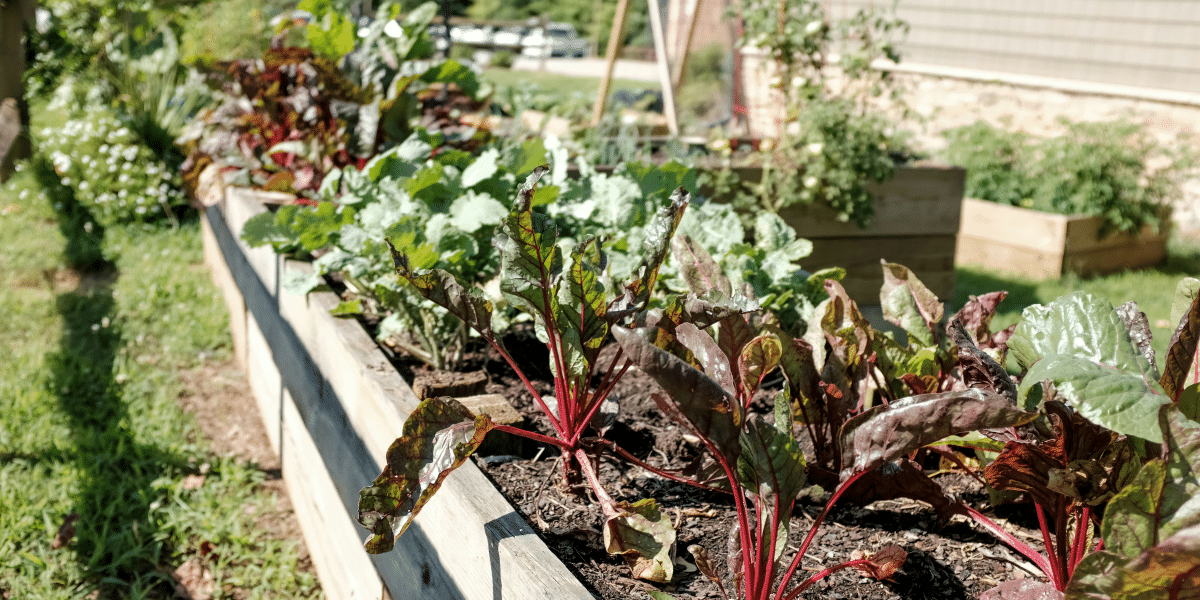Gardening enthusiasts are always on the lookout for natural ways to enhance plant health and vitality. One such method gaining popularity is the use of herbs and spices in gardening. These everyday kitchen ingredients offer a range of benefits, from disease prevention and pest repulsion to soil enhancement. Using herbs and spices for plant health can transform your plants’ well-being in remarkable ways.
Disease Prevention and Soil Health
Herbs and spices are more than just flavor enhancers for your culinary creations; they can also work wonders for your garden. One of the significant benefits of using these natural ingredients is their ability to prevent plant diseases and enhance soil health. For instance, cinnamon is renowned for its antifungal properties. Sprinkling cinnamon powder around the base of your plants can prevent fungal infections, such as damping-off disease, which is a common issue for seedlings. This simple trick can save your young plants and ensure they grow strong and healthy.
Turmeric, a staple in many kitchens, is another powerful ally in the garden. Integrating herbs like turmeric into your garden not only promotes plant health but also utilizes the insect repellent properties of turmeric to safeguard your plants. The active compound in turmeric, curcumin, has potent antibacterial and antifungal properties, making it an excellent choice for preventing root rot and other soil-borne diseases. Mixing turmeric powder into the soil can create a protective barrier, ensuring your plants remain disease-free.
Additionally, garlic is a versatile herb that can improve soil health. Its natural antifungal and antibacterial properties can help cleanse the soil of harmful pathogens. Creating a garlic spray by blending cloves with water and spraying it on plants can keep a variety of pests and diseases at bay. These simple yet effective methods showcase how everyday herbs and spices can play a crucial role in maintaining a healthy garden.
Natural Pest Repellents
One of the challenging aspects of gardening is dealing with pests. Chemical pesticides, while effective, can harm the environment and disrupt the delicate balance of your garden ecosystem. Fortunately, herbs and spices offer a natural and eco-friendly alternative for pest control.
Basil, for example, is known for its strong aroma, which acts as a natural deterrent for pests like aphids, mosquitoes, and whiteflies. Planting basil alongside your vegetables can create a protective shield, reducing the need for chemical interventions. Similarly, rosemary has pest-repellent properties that can keep cabbage moths and carrot flies at bay. Creating a rosemary spray by steeping rosemary leaves in water and applying it to your plants can effectively deter unwanted insects.
Peppermint is another powerful herb that repels pests. Its strong scent confuses and deters pests such as ants, aphids, and beetles. Planting peppermint around the perimeter of your garden can create a natural barrier that keeps these pests away. Additionally, peppermint oil diluted with water can be sprayed directly onto plants to ward off insects.
Turmeric, mentioned earlier for its disease-preventing properties, also excels as an insect repellent. The pungent smell of turmeric can deter ants, aphids, and other pests, ensuring your plants remain healthy and unblemished. Integrating herbs like turmeric into your garden not only promotes plant health but also utilizes the insect repellant properties of turmeric to safeguard your plants.
Enhancing Growth and Flavor
Beyond disease prevention and pest control, herbs and spices can also stimulate plant growth and enhance the flavor of your produce. Many herbs contain essential nutrients that can boost plant health and vigor when used as natural fertilizers.
Comfrey, for instance, is rich in potassium, an essential nutrient for flowering and fruiting plants. Creating a comfrey tea by steeping the leaves in water and using it to water your plants can provide them with a nutrient boost. This organic fertilizer can improve the yield and quality of your fruits and vegetables.
Chamomile is another herb that can enhance plant growth. Known for its soothing properties, chamomile tea can be used as a mild fungicide and growth stimulant. Watering your seedlings with diluted chamomile tea can prevent damping-off disease and promote healthy root development.
Cilantro, commonly used in cooking, can also benefit your garden. It attracts beneficial insects such as ladybugs and parasitic wasps, which prey on harmful pests. Additionally, cilantro’s deep roots can help break up compacted soil, improving aeration and water absorption.
Integrating herbs and spices into your gardening routine offers a multitude of benefits. From disease prevention and pest control to growth stimulation and flavor enhancement, these natural ingredients can revolutionize the way you care for your plants. By harnessing the power of herbs and spices, you can create a thriving, healthy garden that not only flourishes but also produces flavorful, nutrient-rich harvests.
Published by: Martin De Juan










